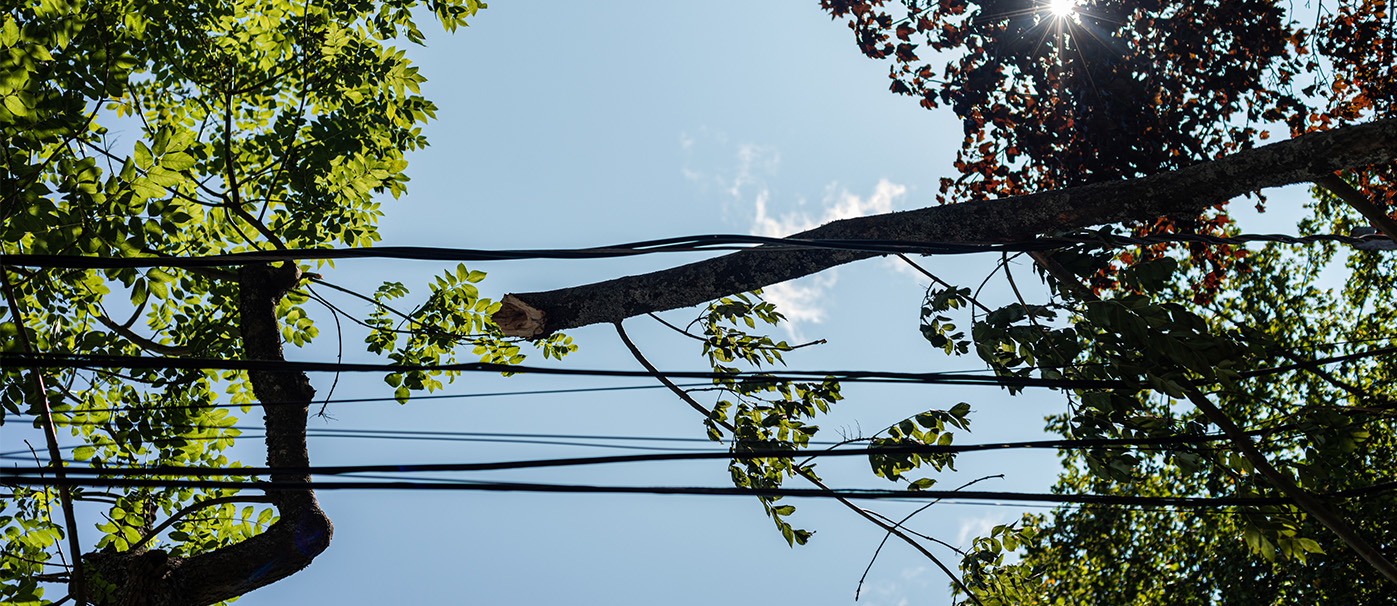Out Now
The Big Contract Issue
Current Issue
The Big Contract Issue
FEB - MAR 2026

The role of the electrical contractor is often part electrician, part super-sleuth. And while some problems are elementary, others take longer to solve.
Electrical systems are complicated things, and there are plenty of things that can go wrong. Whether it’s rusting causing an open-circuit fault, a blown fuse resulting in a short-circuit fault, or a damaged connection leading to an earth fault, there’s no shortage of places to look for blame.
Of course, the end user doesn’t generally understand the reason for what’s amiss – all they notice are the symptoms. And, just like an overworked GP on a tele consult, it’s up to the jobbing sparky to diagnose the problem and cure it ASAP.
Equipment failure is a fact of life – if it weren’t, there’d be a lot less work to go around! It can be down to a gazillion (approximately) things, including loose connections or parts, inadequate insulation, overloading or inadequate power capacity, accumulation of dust and dirt, overheating, and much, much more.
Moisture is estimated to account for about 17 per cent of all electrical failures. And that’s a big problem if you live in the tropics, where humidity and heavy rainfall take their toll.
Brad Sims is Director of BH Electrics. He’s based in Port Douglas, Far North Queensland, where 800mm of rain has been known to fall in a single day.
“In summer, the proportion of fault work that’s down to moisture and rainfall is about 50 per cent,” he says. “Typical problems are power and lighting faults tripping circuits, and exterior lighting circuits tripping. Often a telltale sign will be small rust marks running out of fittings or inside the diffuser. But it isn’t always obvious that water has caused the fault, because sometimes it will dry out before – or even while – you’re testing the circuit. Then comes the next big downpour.”
Jim’s neighbour is pretty handy with the electrics, so Jim thinks he can save a few bucks by asking him to wire up the new security light on his front porch. We’ve all met Jim, right? Most electricians have a tale about electrical faults that can be attributed to previous work by A. Random.
Personal safety aside, Jim is breaking the law, and any insurance policies he has likely won’t be worth the paper they’re printed on when something goes wrong. In short, unlicensed electrical work is not worth the risk – but people still do it, and it’s usually left to the experts to clean up the mess.
Domenic Schifino is an electrical contractor at CIDE in NSW. He reckons in his 30 years as an electrician, he has come across substandard or downright shonky installation work almost daily.
“In Sydney there are a lot of old terraces, built between 1820 and 1940, and the old cabling is still there,” he says. “There are steel conduits, and light fittings aren’t earthed. You get DIYers and new contractors who go in, replace the lights with the old cabling and walk away.”
So why do people take the risk?
“Some of it is down to cost-cutting, but it’s also just laziness,” says Schifino. “I think for a lot of employees, the care factor isn’t there. They just want to get it done, get paid and go home.”
The weather has a lot to answer for. From trees falling on homes to major state-wide blackouts, thunderstorms, cyclones, bushfires and blizzards are all common culprits for major electrical faults.
And there’s another natural factor at play that causes thousands of power outages each year: our furry friends. Between rats, birds and possums, millions of dollars in damage is done. If a mouse chews on a cable, there will be problems in the kitchen. If it finds its way into a transformer or substation, the damage can be substantial. And, often, the first sign an electrical worker gets that an animal was the cause of an outage is the corpse it leaves behind.
“Wild creatures often make their way into areas that should be off limits, perhaps intrigued by the humming of electrical units, or seeking warmth on a chilly day, and it rarely ends well,” says Kylie Parnham, National Senior Manager Consumer Power Australia NZ, at Gemcell Approved Supplier, Generac.
“Birds can also contribute to animal-related power outages. Waste from their nests can cause build-up on the powerlines or insulators. Shortages caused by a bird as it takes flight can cause outages as well.”
Comments (0)
Write a Comment